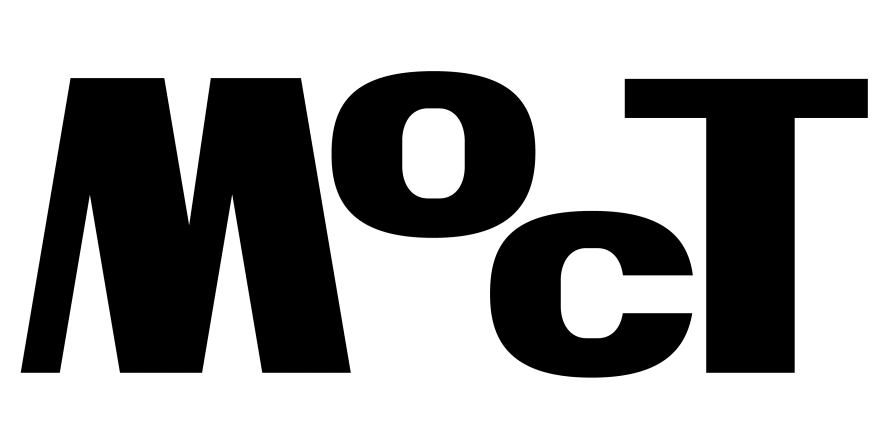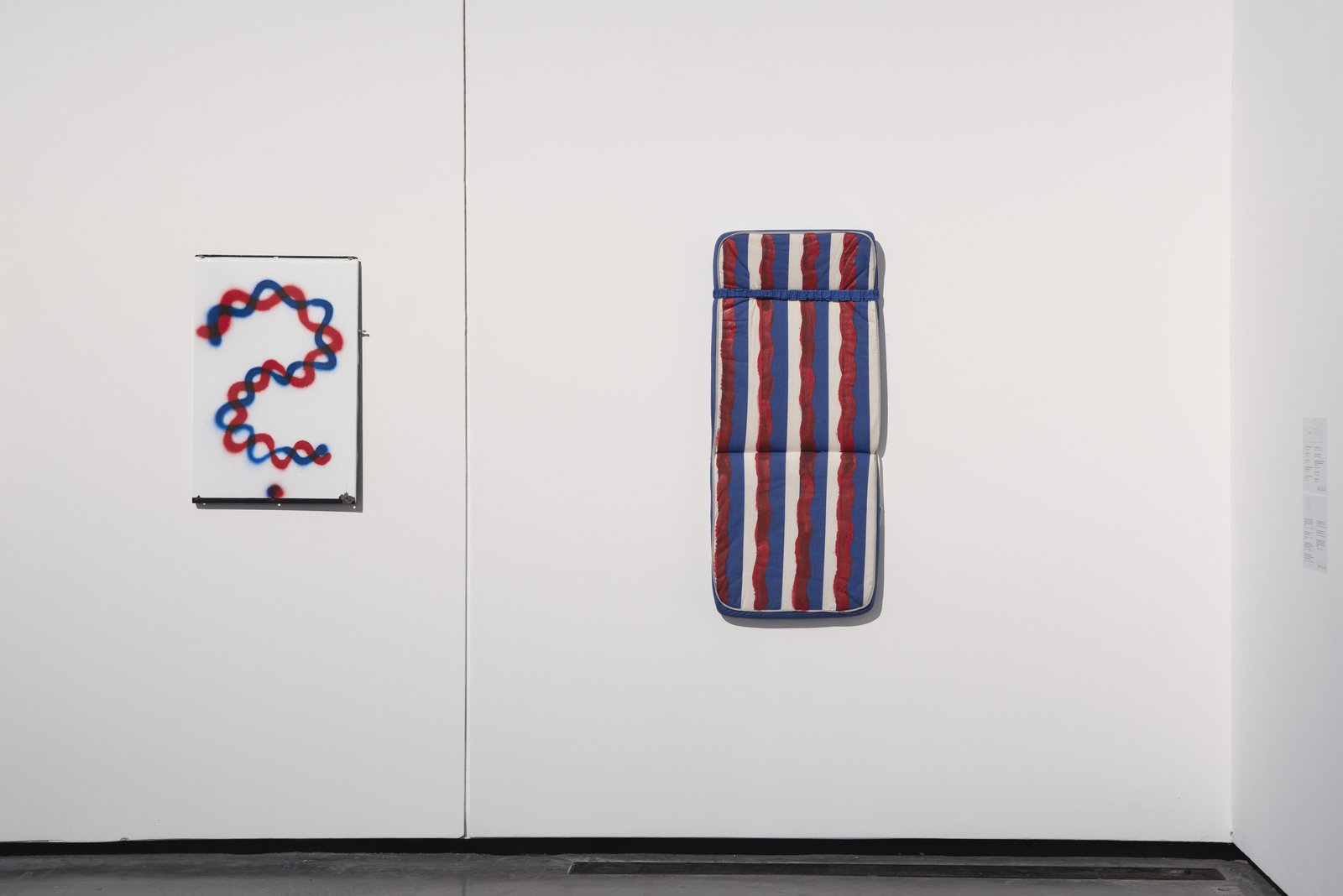Daniel Grúň
“J.K. Ping-Pong Club (U.F.O.)” represents the mutual approach and fusion of an artifact with artistic activity within the framework of a game of sport. The exhibition space “Picasso Room” in Les Abattoirs, Musée – Frac Occitanie Toulouse is transformed into the environment of a sports club, furnished with works of the Slovak conceptual artist Július Koller (1939–2007). Visitors are invited to participate in a sporting match wherein they can test their skills playing on specially adapted ping–pong tables.
Július Koller proposes this game of sport as a dialogue with solid social structures, with mechanisms of collective control, power control, and media manipulation. Art of this sort could have the function of social correction, it could experiment with current social conflicts, and the schemes of cognition. In this function, the game of sport is combined with spiritual (therapeutic) planes on the one hand, and Social planes on the other (the rules of fair play). Koller conceived of these relations as an extension of art into the realm of culture and would realize them not only as an artist, but also as a cultural worker within the circle of amateur creators of visual art.
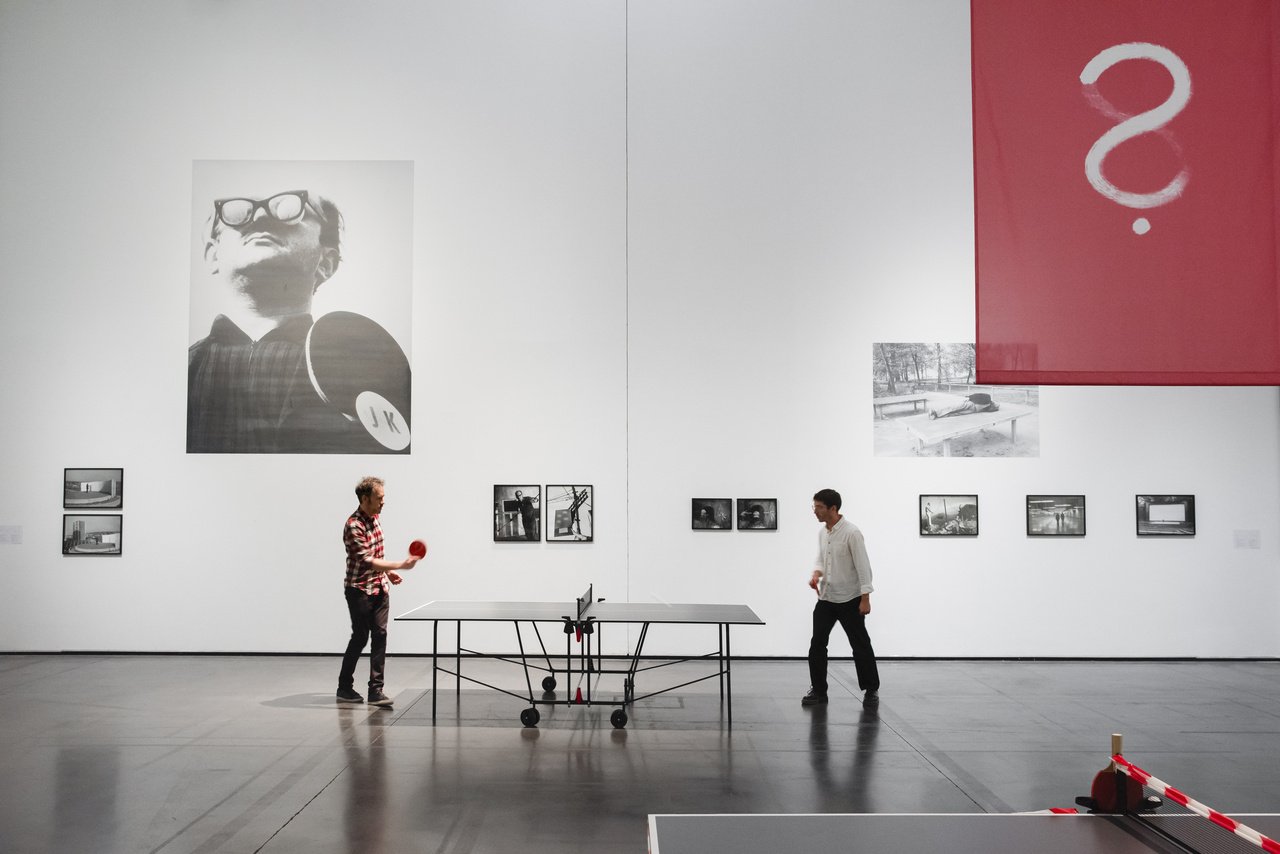
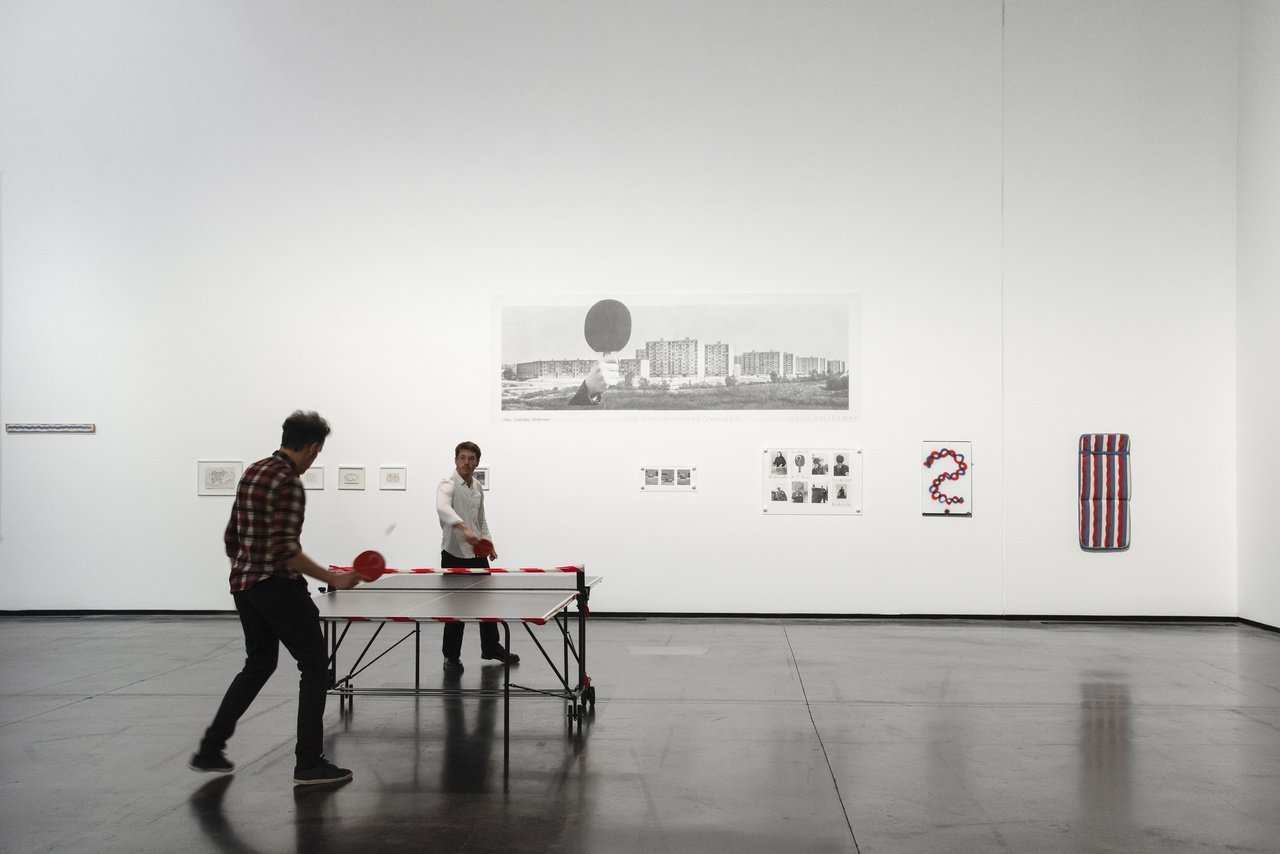
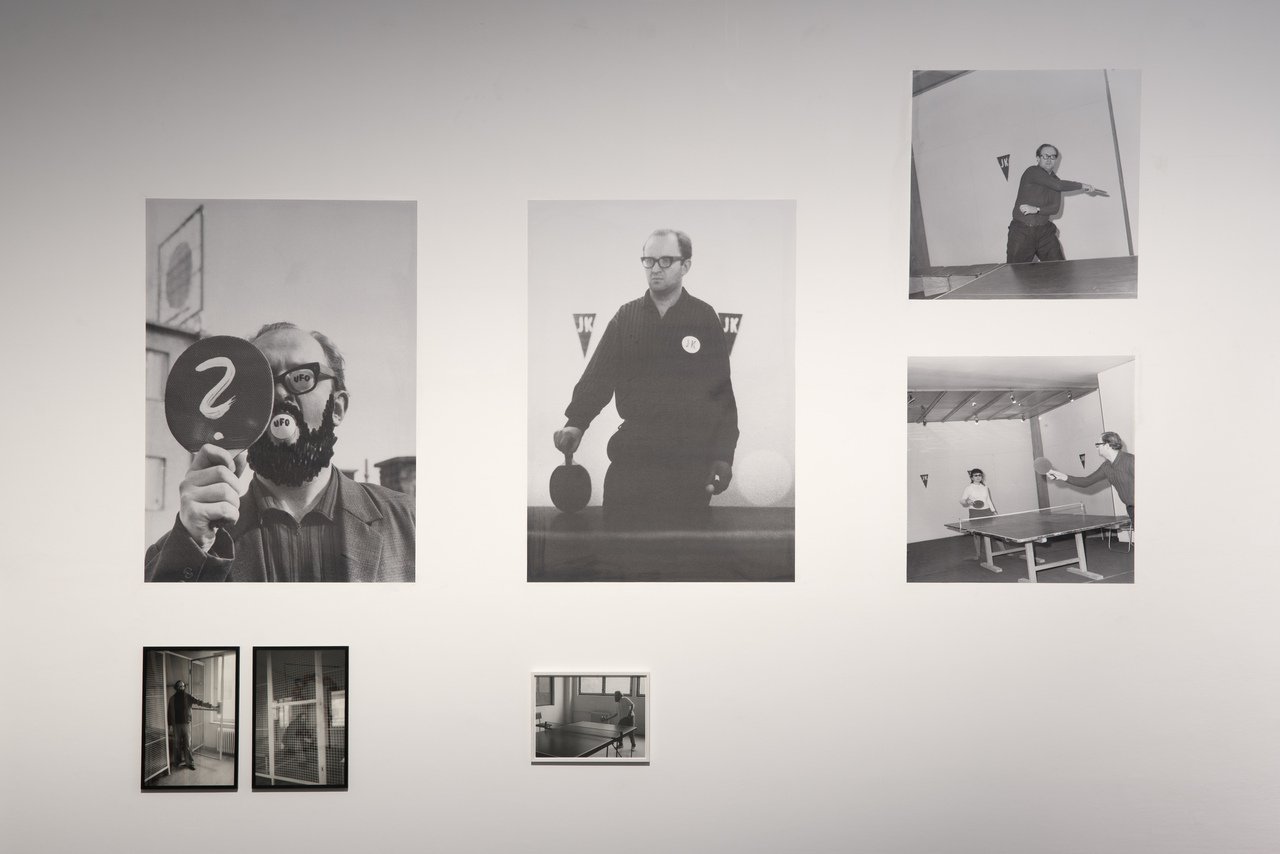
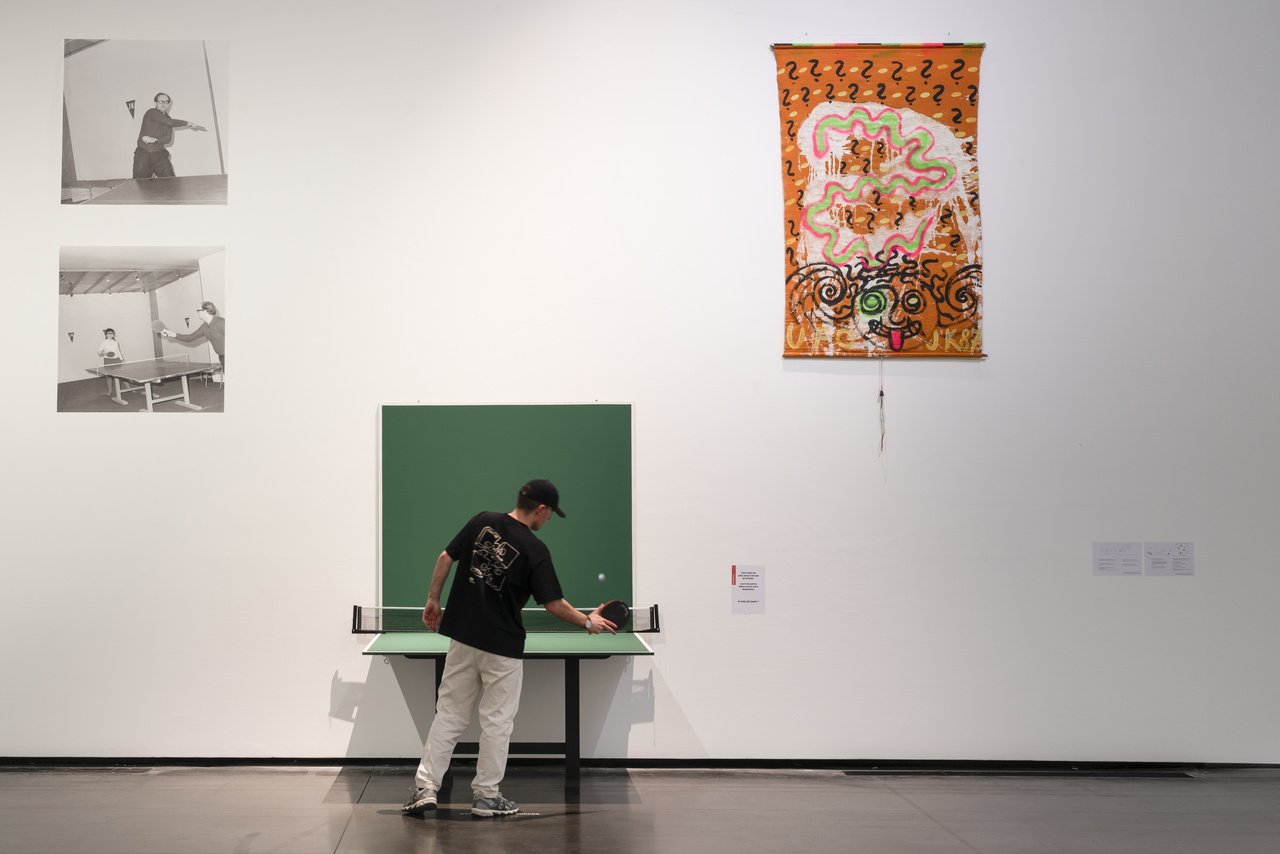
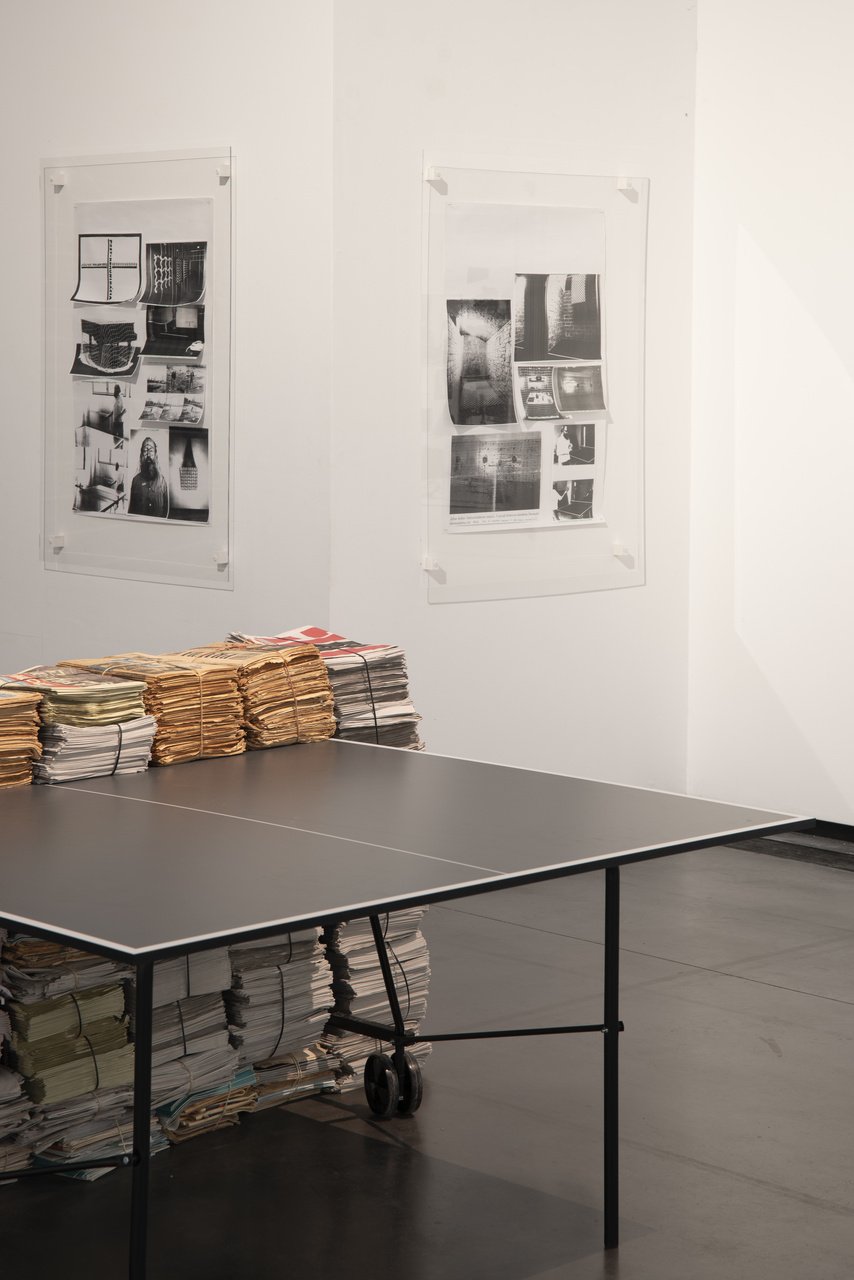
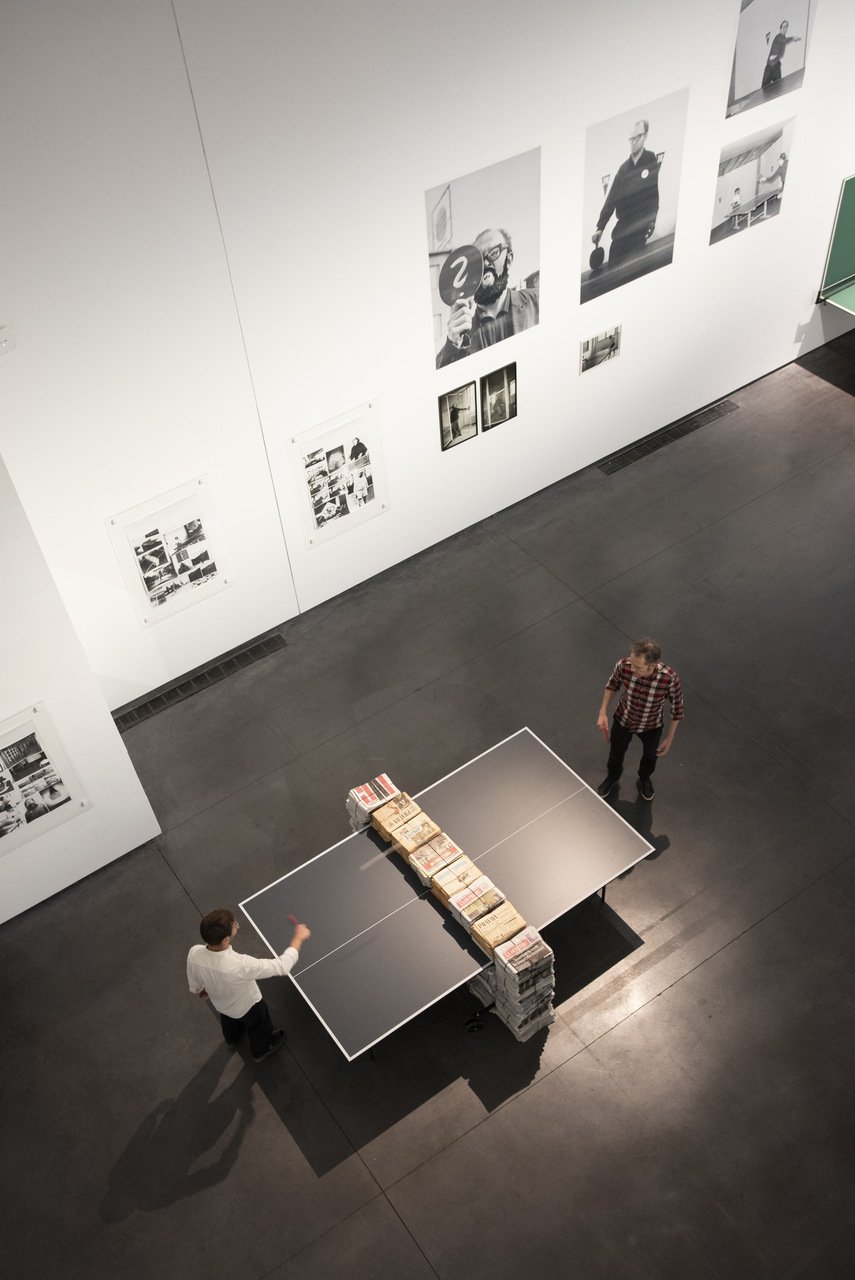
Starting from 1970, he incorporated the concept of this type of activities under the three–letter acronym U.F.O. as Universal-cultural Futurological Operations. It involves transformation of phenomena, aspects, and experiences by the choices made, named selected and actions taken by the artist. The result of this transformation is a new cultural situation – relationships made more alien by a fictitious invasion of characters. Koller was working with the assumption of the concept of U.F.O. as something firmly planted in the consciousness of the general public. Everyone was supposed to know it, with everyone having some sort of association evoked by it. Everyone appropriated it in their own way. At the time when Koller began investigating the phenomena, U.F.O. were perceived mainly as tabloid fodder, and the three letters opened a plethora of possibilities for concepts and ideas to be associated with. As an unidentifiable phenomenon, U.F.O. is the essence of asking. The white question mark is imprinted on textile, photographs, and playing rackets as the universal sign of insecurity, encroaching on our presence. It, at the same time, also has a utopian dimension, an integral part of everyday life in a society transformed by the communist ideology.
For Koller, U.F.O. is not an answer, but rather a question. The existential dimension lies within communicating the presence of unknown elements, including the life of the artist himself. Koller saw in it the possibility of making humanity more humane by means of cosmic challenges and perspectives. He shifted real places, objects, facts, and information, even art itself, to the speculative plane, to the sphere of improvisation and of the provisional. In order to make the ideas widely available, he made use of the graphic formats of announcements, postcards, telegrams, stick-on labels, and freely distributed concepts. His means of communication – the selected ciphers, simple signs, and symbols facilitate living connections within the universal planetary network. Again and again, Koller discovers art as a phenomenon that keeps disappearing and reappearing in the world. This is the essence of what makes his lifelong artistic practice pertinent today. Koller invents the means of a democratic dissemination of artistic ideas and cultivates a sensitivity of perception with respect to simple, cheap, unpretentious materials, facing towards the world and the lay public.
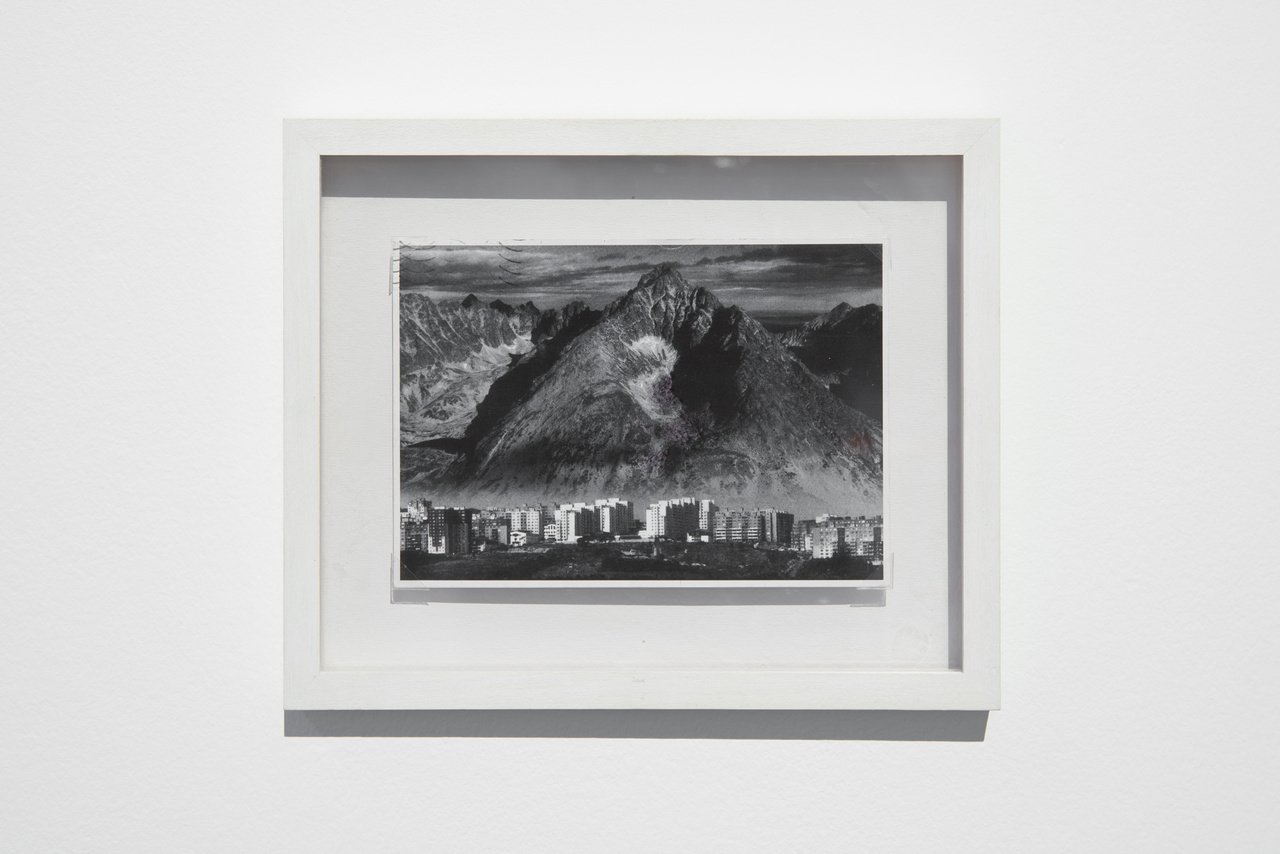
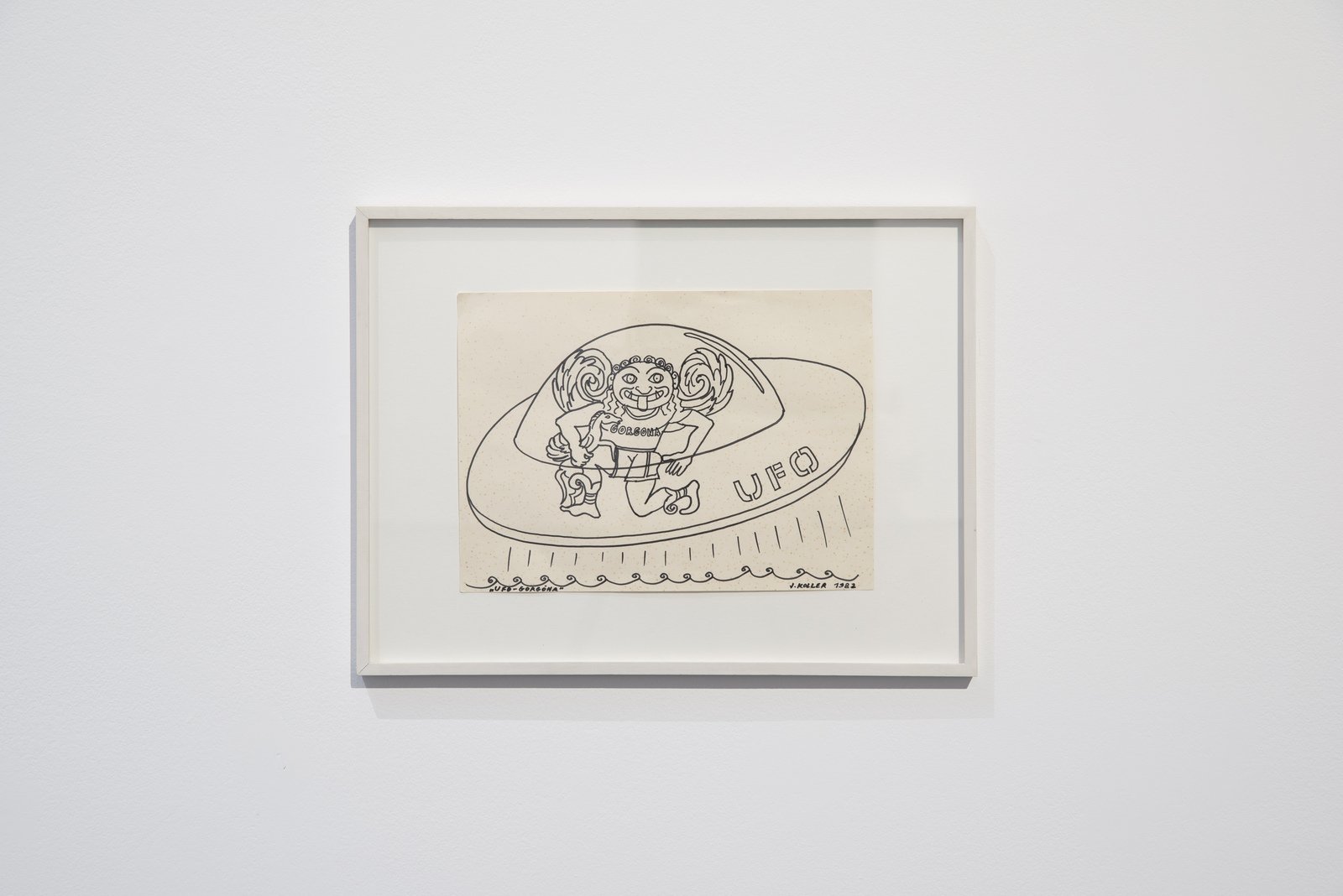
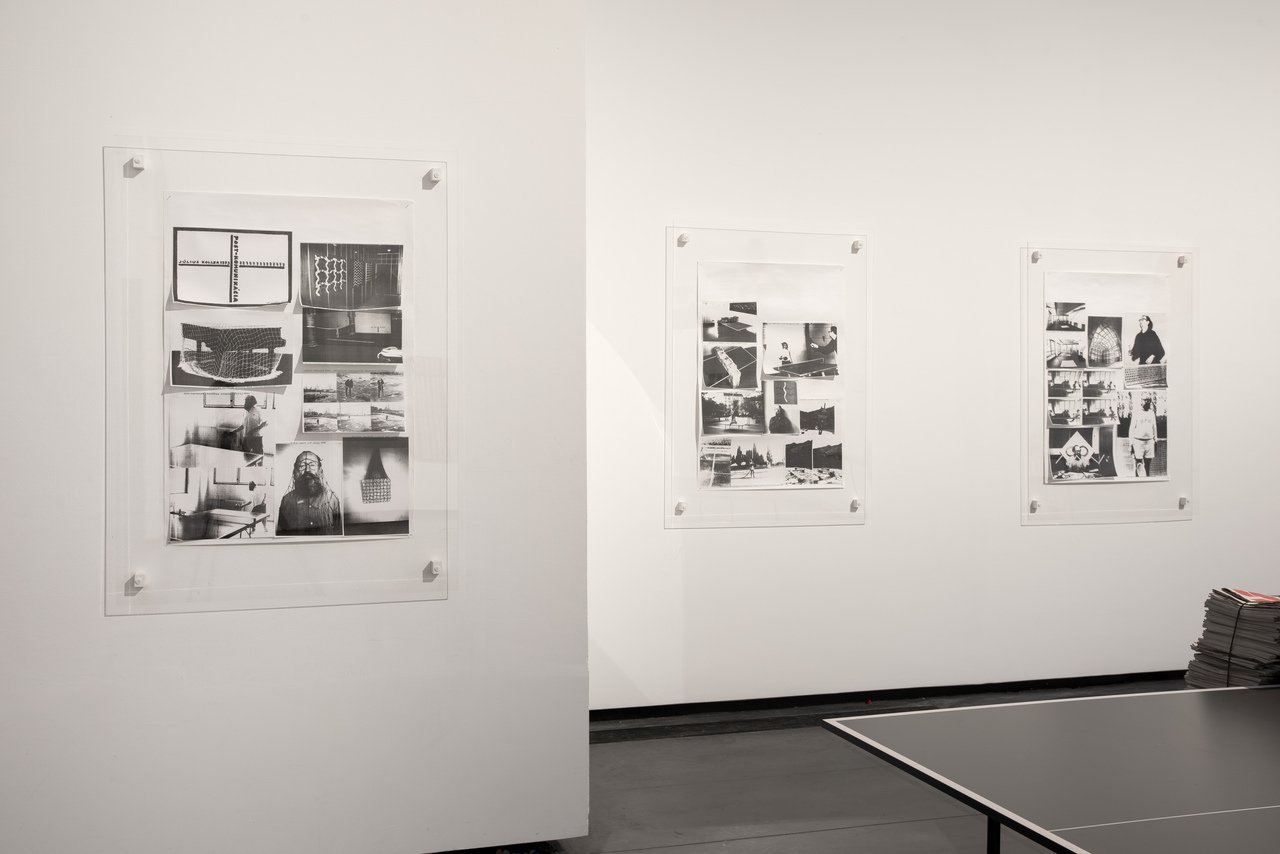
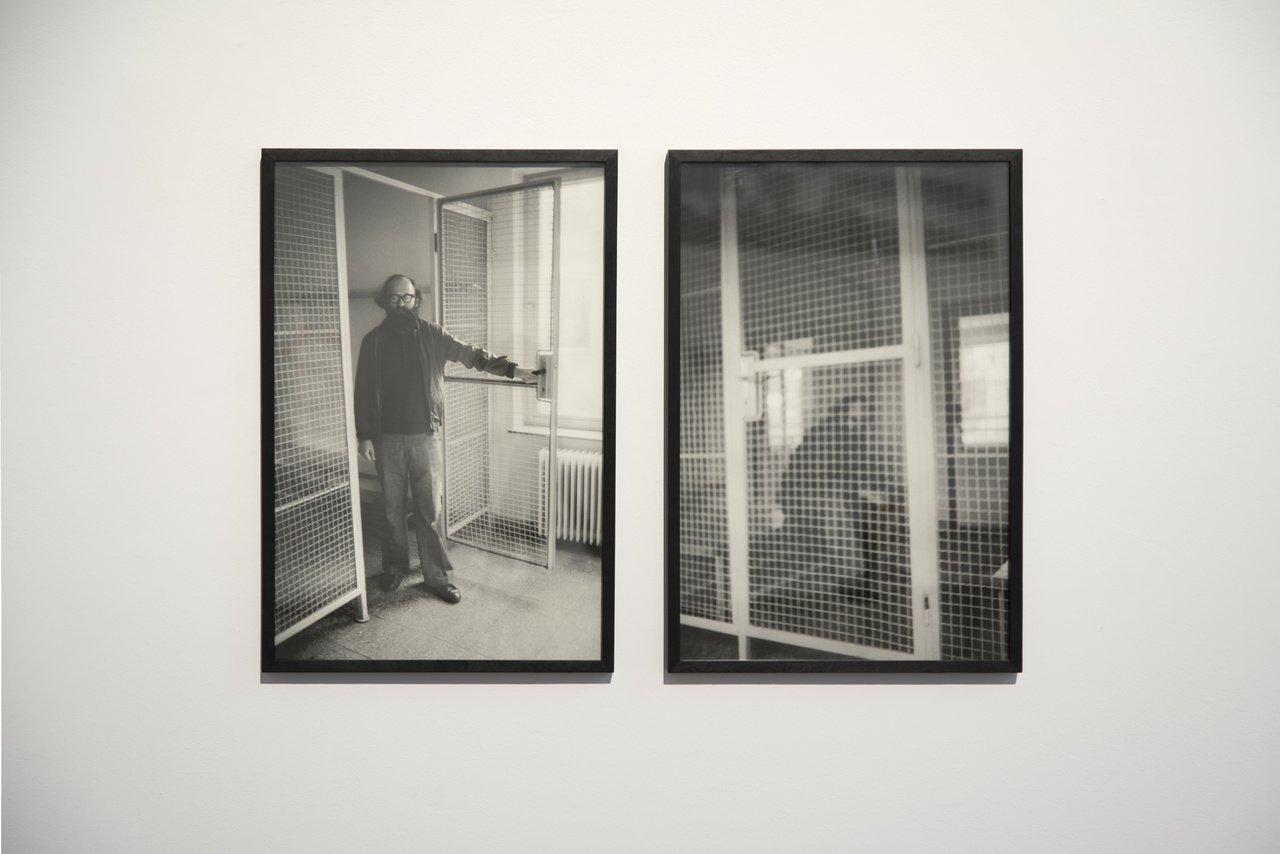
cm, gb agency Paris and The Július Koller Society © courtesy The Július Koller Society; photo © Cyril Boixel.

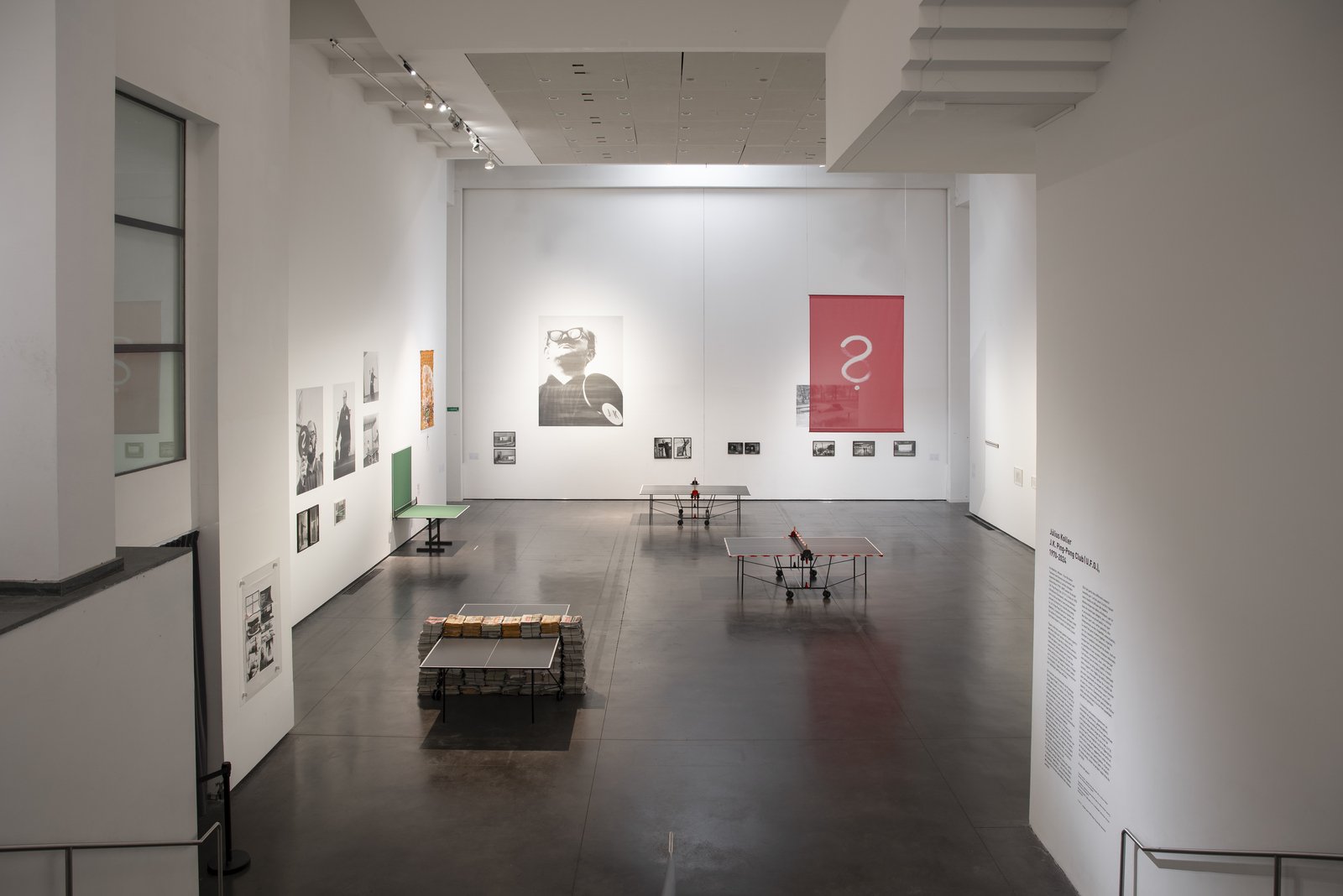
Artist: Július Koller
Exhibition Title: J.K. Ping-Pong Club (U.F.O.), 1970 – 2024
Curated by: Daniel Grúň
Venue: Les Abattoirs, Musée – Frac Occitanie Toulouse
Place (Country/Location): Toulouse, France
Dates: 31.05. – 10.11.2024
Photos by: Photos by Cyril Boixel. All images courtesy of the Július Koller Society.
